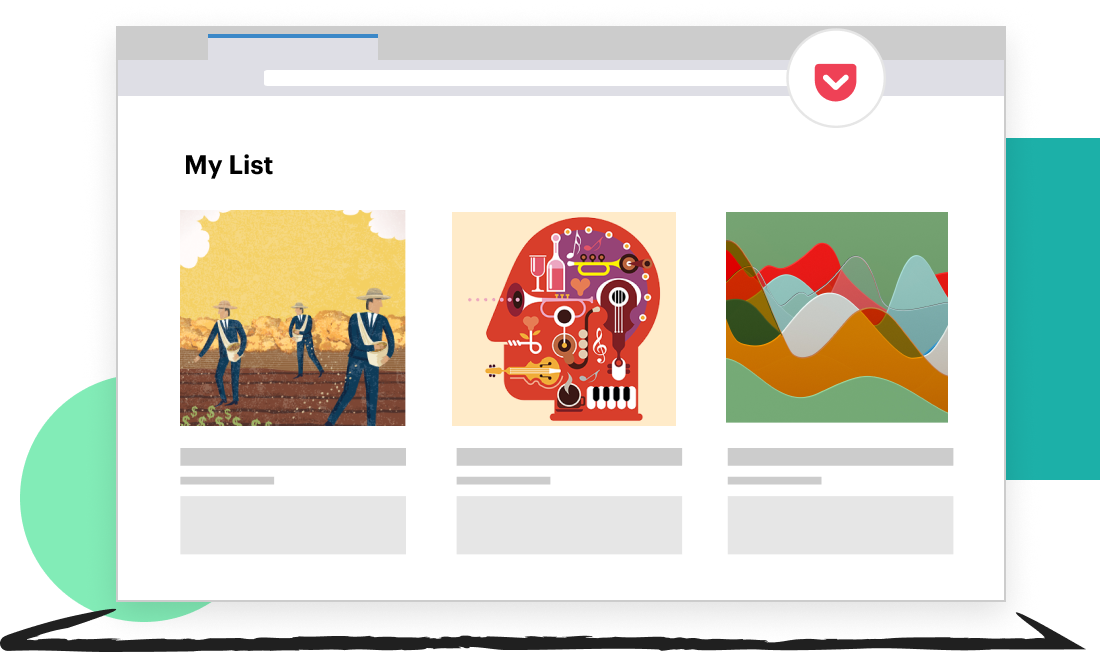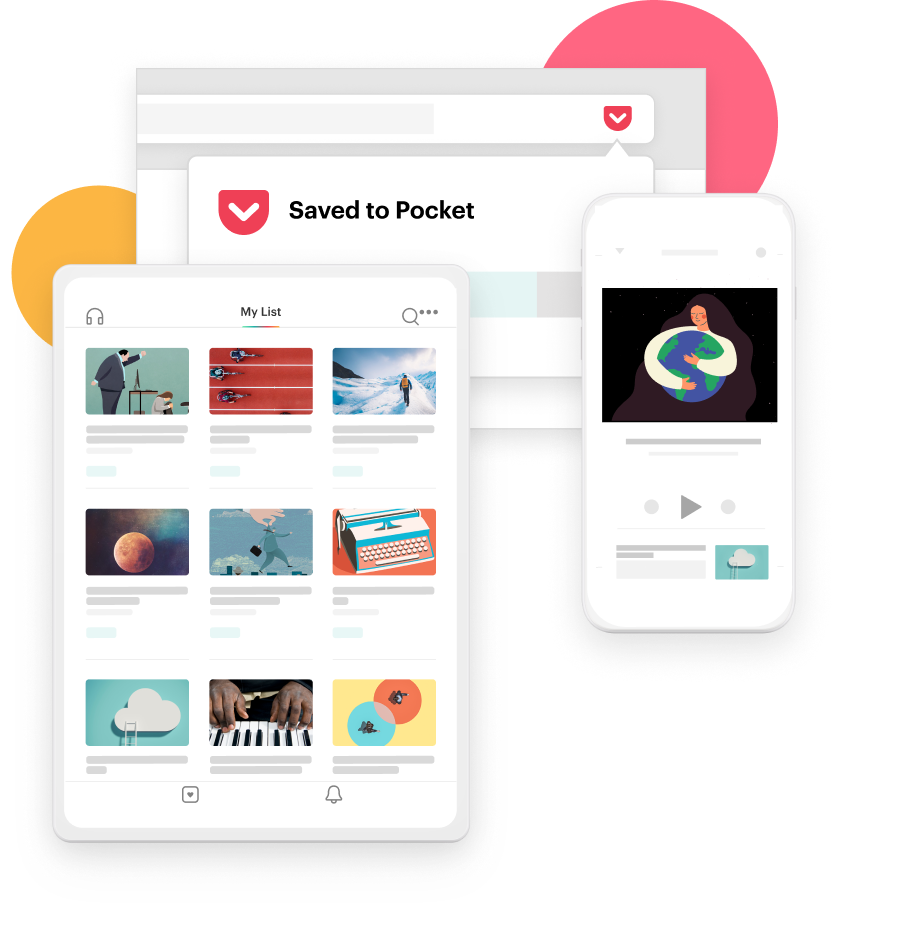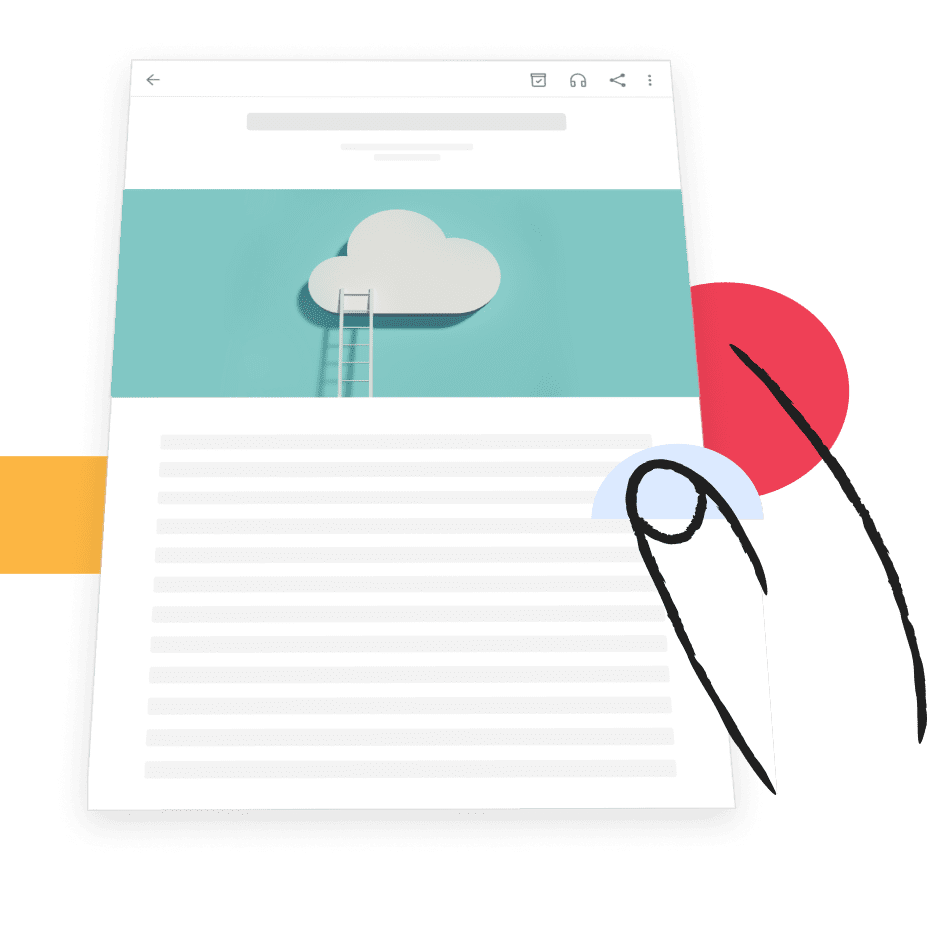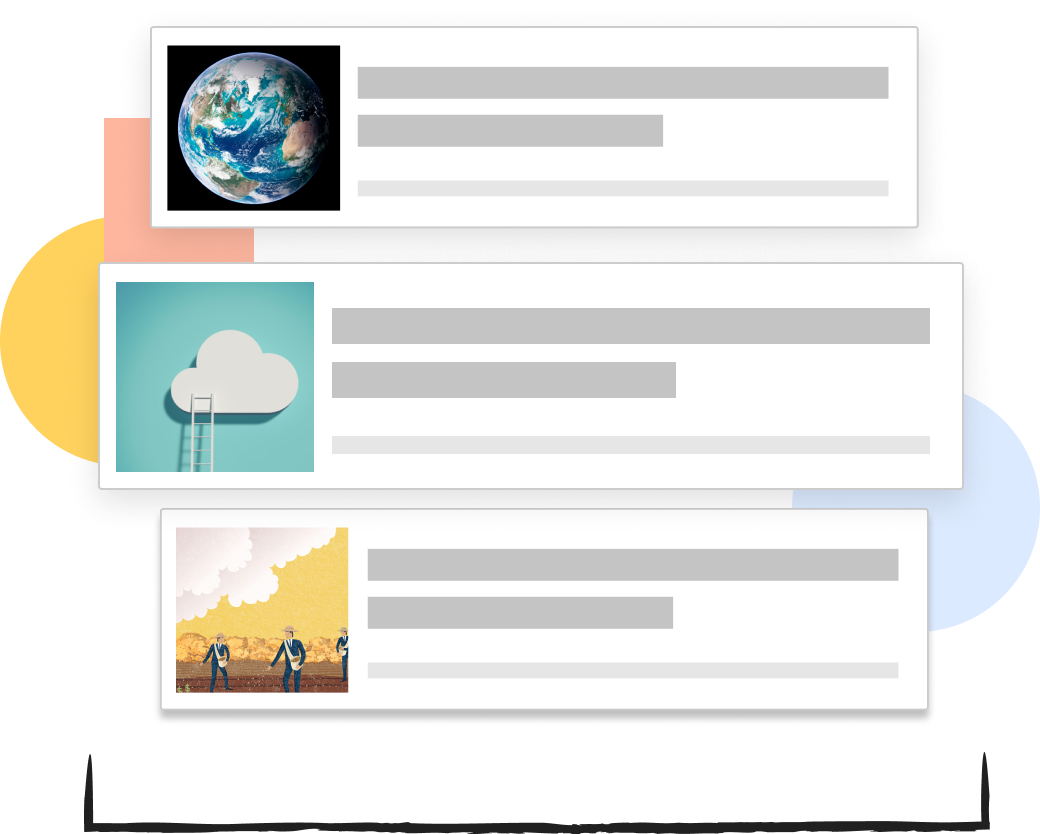So long, farewell, Auf Wiedersehen...
After careful consideration, we’ve made the difficult decision to phase out Pocket - our read-it-later and content discovery app. This includes the Pocket Web, Android, iOS, and macOS apps, as well as the Pocket browser extensions.


Why has Pocket shut down?
Pocket has helped millions save articles and discover stories worth reading. But the way people save and consume content on the web has evolved, so we’re channeling our resources into projects that better match browsing habits today. Discovery also continues to evolve; Pocket helped shape the curated content recommendations you already see in Firefox, and that experience will keep getting better. Meanwhile, new features like Tab Groups and enhanced bookmarks now provide built-in ways to manage reading lists easily.
Investing in the future
Firefox is the only major browser not backed by a billionaire and our independence shapes everything we build. This independence allows us to prioritize building products and tools, which shape the future of the internet for the better. And it means we have to be intentional about where we invest our time and resources so we can make the biggest impact.


Pocket’s Heritage
What began as a read-it-later app evolved into something much bigger. After Mozilla acquired Pocket in 2017, we invested in building content curation and recommendation capabilities so people everywhere can discover and access high quality web content.
In the past 8 years, we’ve expanded high-quality content recommendations to more than a dozen countries and five languages, connecting tens of millions of people each month with articles worthy of their time and attention.
Mozilla’s commitment to high-quality content recommendations
While Pocket has shut down, Mozilla continues with our commitment to high-quality content recommendations in Firefox. We take an “algotorial” approach to curating the best of the web for the millions of users who make Firefox their window to the internet. We use machine learning algorithms to scour the internet for high quality content that will appeal to Firefox’s large and diverse user base, while relying on a human editorial team to provide oversight to ensure that the recommendations on Firefox New Tab are trustworthy, engaging, and high quality.
